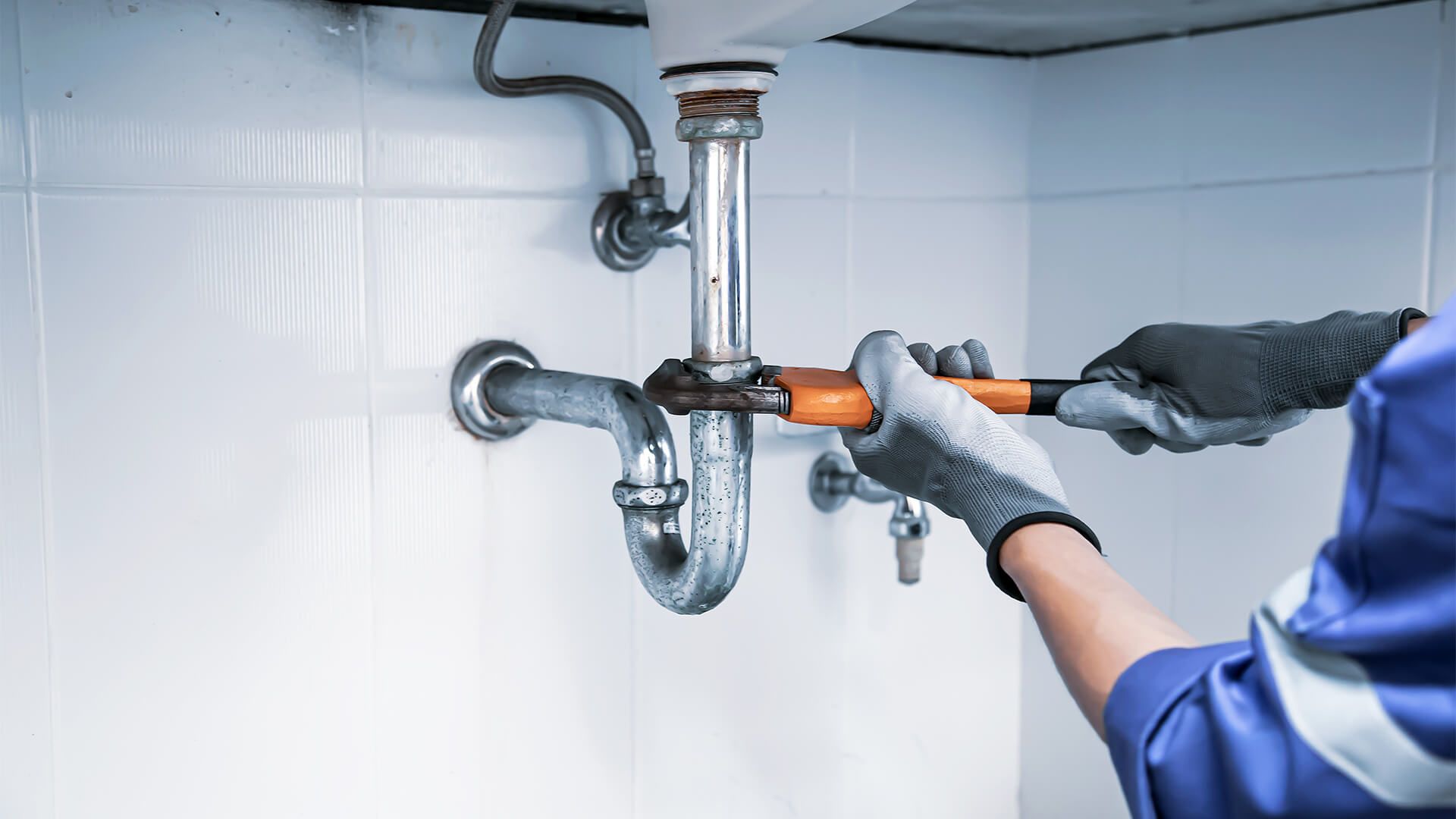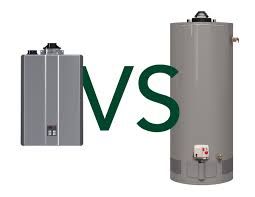Tankless vs. Tank Water Heaters: Which Is Better?
When choosing a water heater for your home or business, one major decision is whether to go with a tank or tankless model. Both types have their unique benefits and potential downsides. Let's dive deep into the pros and cons of each to help you make an informed decision.
What is a Tank Water Heater?
A tank water heater is a traditional type of water heating system that stores a large volume of hot water in a tank. These tanks come in various sizes, usually ranging from 20 to 80 gallons, and maintain a steady supply of hot water by heating it continuously.
Pros of Tank Water Heaters:
Lower Initial Cost: Tank water heaters are generally less expensive to purchase and install compared to tankless models.
Simpler Installation: Because they have been in use for so long, most homes are already set up for tank water heaters, making installation straightforward.
Reliable Hot Water Supply: With a tank full of hot water, you can enjoy consistent hot water availability. This can be particularly beneficial during peak usage times.
Cons of Tank Water Heaters:
Higher Energy Costs: These heaters continuously heat water, which can lead to higher energy bills. The constant cycling on and off uses more energy compared to heating water on demand.
Limited Hot Water Supply: Once the hot water in the tank runs out, you have to wait for it to refill and reheat, which can be inconvenient, especially in larger households.
Larger Space Requirement: Tanks can be bulky and require a significant amount of space for installation, making them less ideal for smaller homes or businesses.
What is a Tankless Water Heater?
Tankless water heaters, also known as on-demand water heaters, heat water directly without the need for a storage tank. When a hot water tap is turned on, cold water travels through a pipe into the unit, where it is heated by gas or electric burners.
Pros of Tankless Water Heaters:
Energy Efficiency: Because they only heat water when needed, tankless water heaters can be more energy-efficient, leading to lower utility bills.
Unlimited Hot Water: As long as the demand doesn’t exceed the heater’s capacity, you can enjoy a continuous supply of hot water.
Space-Saving Design: Without a bulky tank, these heaters can be installed in more compact spaces, making them a great choice for small homes or businesses.
Cons of Tankless Water Heaters:
Higher Initial Cost: The upfront cost of purchasing and installing a tankless water heater can be significantly higher than that of a traditional tank model.
Complex Installation: Installing a tankless water heater often requires retrofitting your home’s plumbing and may require additional ventilation if gas-powered, adding to installation costs.
Flow Rate Limitation: In situations where there are multiple simultaneous demands for hot water, such as multiple showers running at once, a tankless heater might struggle to keep up.
Energy Efficiency Comparison
One of the main reasons people consider upgrading to a tankless water heater is energy efficiency. Tankless water heaters can be up to 34% more efficient than traditional tank models for households that use 41 gallons or less of hot water daily. This efficiency drops to 14% for households using around 86 gallons daily. However, tank water heaters can still be efficient if you opt for newer, insulated models designed to minimize heat loss.
Cost Analysis
When considering costs, you need to think about both upfront expenses and long-term savings. Tank water heaters have lower initial costs but tend to have higher operating costs due to energy usage. On the other hand, tankless heaters cost more upfront but can save you money on energy bills over time, especially if you have lower hot water usage.
Lifespan and Maintenance
Tankless water heaters typically last longer than tank models—about 20 years compared to the 10-15 years you might get from a traditional tank heater. They also have replaceable parts that can extend their lifespan. Maintenance for tankless models is often more involved, requiring regular descaling to prevent mineral buildup, especially in areas with hard water.
Environmental Impact
Tankless water heaters have a smaller environmental footprint due to their lower energy consumption. Additionally, since they last longer, fewer units end up in landfills. If sustainability is a priority for you, a tankless water heater may be the better choice.
Making the Right Choice for You
When choosing between a tank and a tankless water heater, consider the following factors:
Household Size: Larger households with higher hot water demands may benefit from a tank water heater or multiple tankless units.
Budget: If you’re looking for a lower upfront cost, a tank water heater may be more suitable.
Energy Efficiency Goals: If long-term savings and energy efficiency are your goals, a tankless water heater might be the better choice.
Space Availability: If you have limited space, the compact design of a tankless water heater could be advantageous.
Conclusion
Both tank and tankless water heaters have their merits, and the best choice depends on your specific needs, budget, and preferences. Assessing your household's hot water usage, space, and efficiency goals will help you decide which type of water heater is right for you.
FAQs
1. Which water heater is more cost-effective in the long run?
Tankless water heaters are generally more cost-effective over time due to lower energy costs, despite a higher initial investment.
2. How often should I maintain my water heater?
Tank water heaters should be flushed annually to prevent sediment buildup, while tankless models require descaling every 1-2 years depending on water hardness.
3. Can I install a tankless water heater myself?
While possible, it's recommended to have a professional install your tankless water heater to ensure proper setup and safety.
The Benefits of Upgrading to an Energy-Efficient Water Heater







